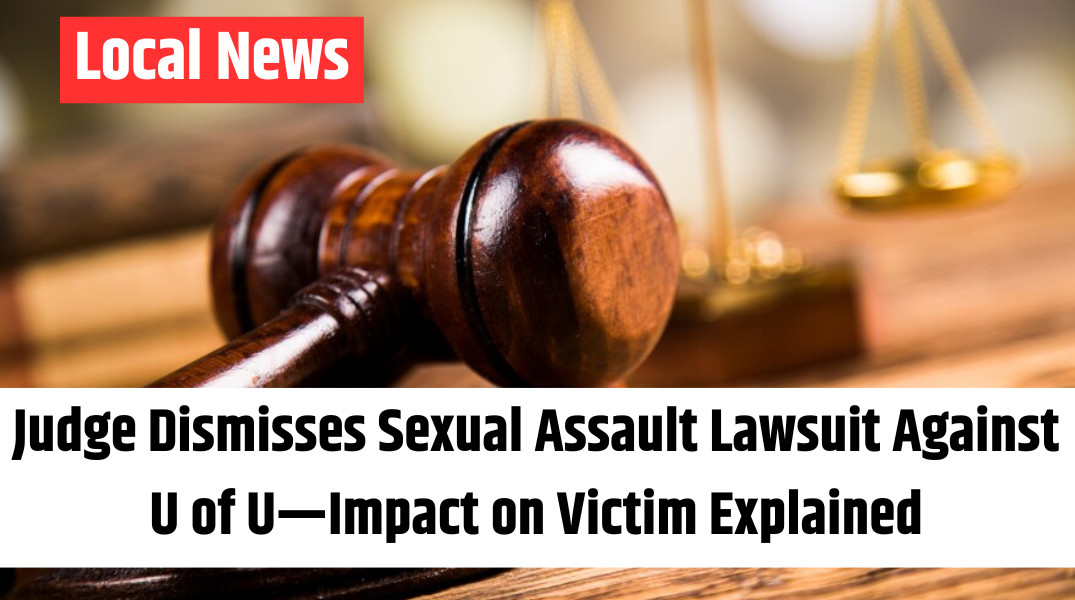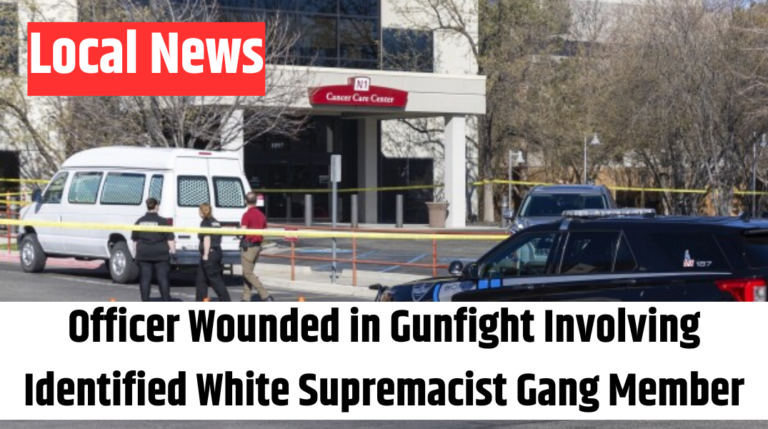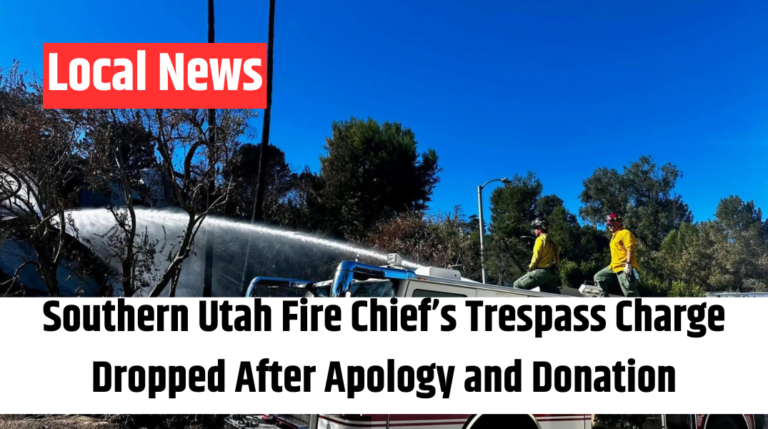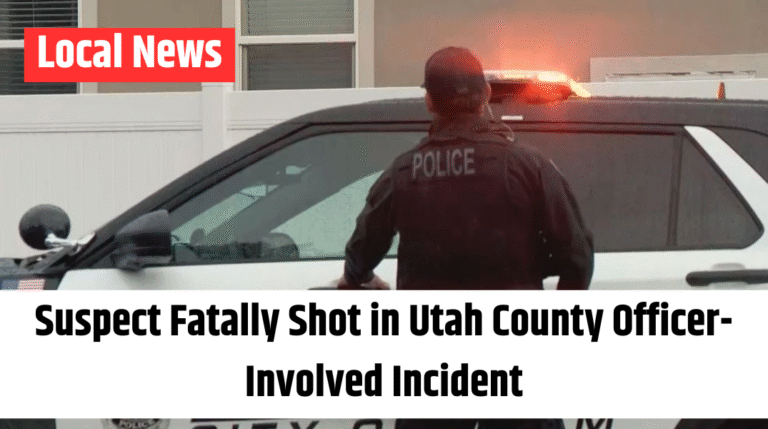
SALT LAKE CITY, Utah – A federal judge has dismissed a lawsuit against the University of Utah, ruling that the institution was not legally obligated to provide support to a Utah Valley University (UVU) student after she was sexually assaulted by a U of U football player at an off-campus gathering.
Lawsuit Dismissed After Years-Long Legal Battle
The case, brought by Marissa Root, was dismissed earlier this month by U.S. District Judge David Barlow, concluding a legal fight that had been ongoing since 2021. Root filed the lawsuit after seeking assistance from both UVU and U of U’s Title IX offices, claiming neither school provided her with necessary resources after her 2019 assault.
Details of the Assault and Legal Proceedings
Root, who was 24 years old at the time and a UVU student, said she was raped by then-U of U football player Sione Lund at a private residence in Salt Lake City after attending a party on September 14, 2019.
Following the incident, she underwent a rape kit exam and was advised to report the assault to her university’s Title IX office. However, Root said she felt dismissed at UVU and was directed to the University of Utah, where her attacker was enrolled.
When she met with U of U officials, she claimed they told her they could not take action because she was not a student at the university. Root also alleged that officials failed to ask for her attacker’s name during their initial conversation and only reached out four months later—but only after a different football player was accused of sexual assault.
Lund was eventually charged and pleaded guilty to attempted forcible sodomy, receiving his sentence two years ago.
Judge’s Ruling and University Response
Judge Barlow’s ruling stated that neither UVU nor the University of Utah bore responsibility under Title IX, as the assault took place at an off-campus, private residence. The ruling emphasized that U of U had no direct control over the setting of the assault or Lund’s actions outside of school.
Barlow also cited U of U’s Player Policy Handbook, which instructs athletes to respect women on and off campus, but noted that this guideline does not establish the university’s liability for actions occurring at private events.
Following the dismissal, the University of Utah issued a statement expressing hope that Root finds healing while reaffirming its commitment to preventing sexual violence.
Root’s Reaction and Future Plans
Root, who has since gotten married and had a child, said that this experience significantly impacted her life. She now takes all of her UVU classes online due to lingering safety concerns and remains vocal about holding universities accountable for how they handle sexual assault cases.
“When my daughter is old enough to choose a college, I won’t consider the University of Utah for even a second,” Root stated.
Despite the outcome of her lawsuit, Root says she hopes to serve as a resource for other survivors.
“I pray nothing like this ever happens to anyone I know, but if it does, I will make sure they know where to go and what response they deserve,” she said.
At this time, Root has no plans to appeal the judge’s decision .




